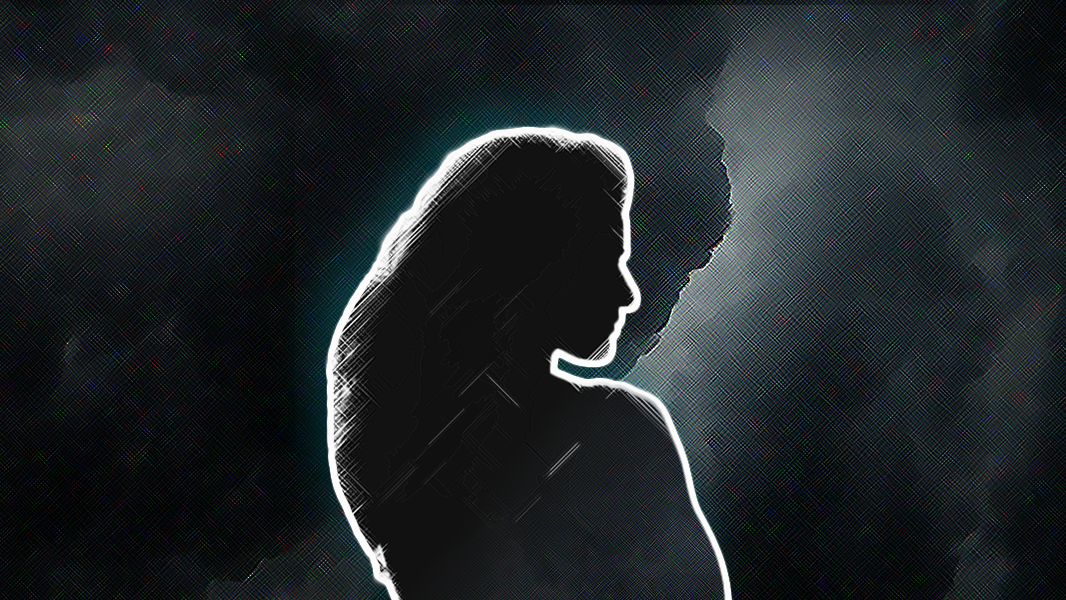
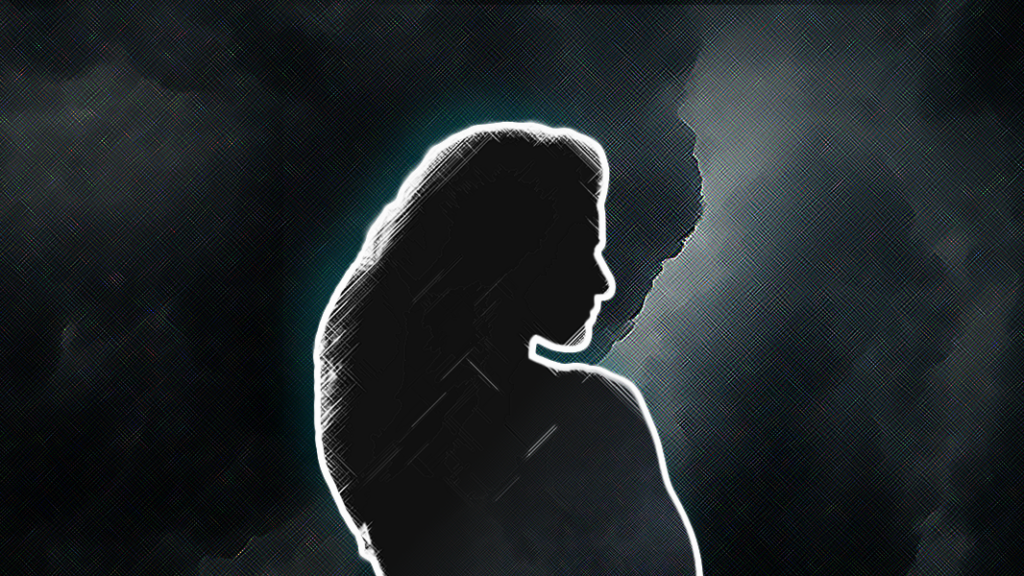
Learning to lie as the child of an alcoholic
Author Toni Bellon writes about learning to lie as the child of an alcoholic. As the character of her new young adult book Linn discovers, growing up would be easier if parents did it first.
When I was five, I didn’t understand alcoholism. Still, it was the first time I experienced my mother’s sickness.
We were having a neighborhood party. Standing between the kitchen table and the wall, I was nowhere near the appliances. Mom entered the room and attempted to open the dishwasher, unsuccessfully.
She looked at me and said, “You’re always in my way.” I didn’t say anything but I remember thinking. My mother is crazy. I’m nowhere near her or the dishwasher.
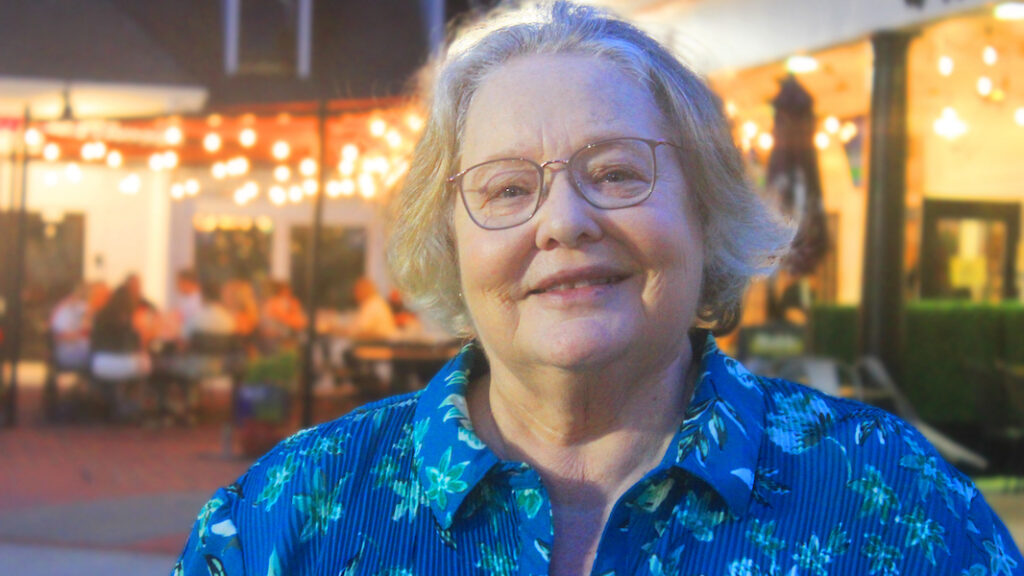
Lying to protect her
By the time I was ten, I understood my mother was an alcoholic and I was expected to lie to protect her.
When dad was away and mom misbehaved, I didn’t say a word.
If a friend noticed her slurred speech, I maintained they were mistaken. Each time a teacher asked if there was an issue at home, I denied the existence of any problem.
In short, I learned to lie.
My older sister never seemed to have a problem. She acted as if everything was great. She was great and had a great home life and great parents. Younger sister? What younger sister? Her life was great, as it should be. A younger sister would have marred her great world.
Looking after my brother
My brother was born when I was thirteen going on fourteen. Prior to his birth, I was the youngest child and I was looking forward to leaving home.
We moved more than educators should. I don’t know if this was designed to keep us children isolated, but we were mostly alone. The only people in our lives were our close family.
Then HE came along and I decided to stay for him. His oldest sister didn’t acknowledge him or I, our mother was getting worse, and my father was too self-involved to see how this sickness was impacting all of us.
I felt alone, unable to ask for help with a child I should not be raising. If I dared to tell anyone, I knew I would be cut off from the only people who I thought cared for me.
When I finished college and was about to take a job away from home, I told my older sister that I was going to contact Al-Anon and get help before I left. I was told that doing so would cause my alcoholic mother to commit suicide.
So, like the chicken I was, I did nothing and left my then eight-year-old brother in the clutches of an abusive maniac.
I embarked on a career in elementary and middle level education guided by my desire to help children like my brother.
Meanwhile, I hoped my father would step up and take responsibility at home. He didn’t.
On our own
During those years, my older sister took after my mother and became an addict. She seemed to need liquor and drugs.
My father protected her as well. He asked my brother and me not to say anything to upset her. According to my father, my mother and sister had tough lives and needed support. My brother and I were on our own.
My father was fantastic in so many situations. His personal self-control was so great, he thought he could control others.
Thinking he had been successful when he got mom to switch her drink from bourbon to wine, he never found the hidden stash of liquor she kept in her bathroom or the laundry room.
She drank from the colored outdoor cups they used for water. Dad never knew. Based on her behavior, it should have been obvious.
There was one day when I came home and found a box of tampons in the freezer. I checked the bathroom and found the peas as well as her stash. Falling back on my training, I didn’t say anything. Some times silence is the biggest lie you can tell.
Dad tried to step up repeatedly, but he failed to do anything to get professional help for my mother or sister.
As a result of his negligence in this area of life, my brother and I were left with a mother who cared for nothing except liquor and an older sister who believed everything would happen the way she wanted it to, magically.
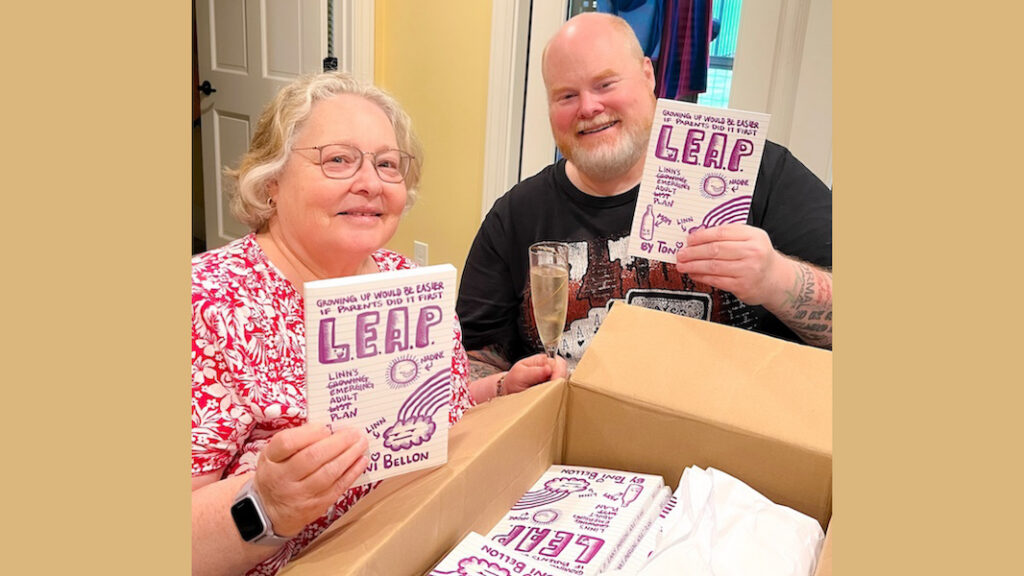
Time for truth
Once my father died, my now grown brother said he was done lying. After all the years we spent in denial because my father asked us not to tell, it was time for the truth.
It sounds easy, but the truth is difficult. I had to tell my mother she had been diagnosed with dementia and was taking medication for it. For years, my father had told her those were vitamins.
The truth didn’t fit her perfection belief and I was accused of lying.
Eventually, I had to move her into a home. When she started wandering off in search of a drink, I hired a person to keep track of her.
Every one of these events was accompanied with verbal abuse from my mother, a person who is supposed to love you unconditionally. Good thing I had so much practice with name calling.
Look up The Mother Wound and you’ll understand what I grew up with.
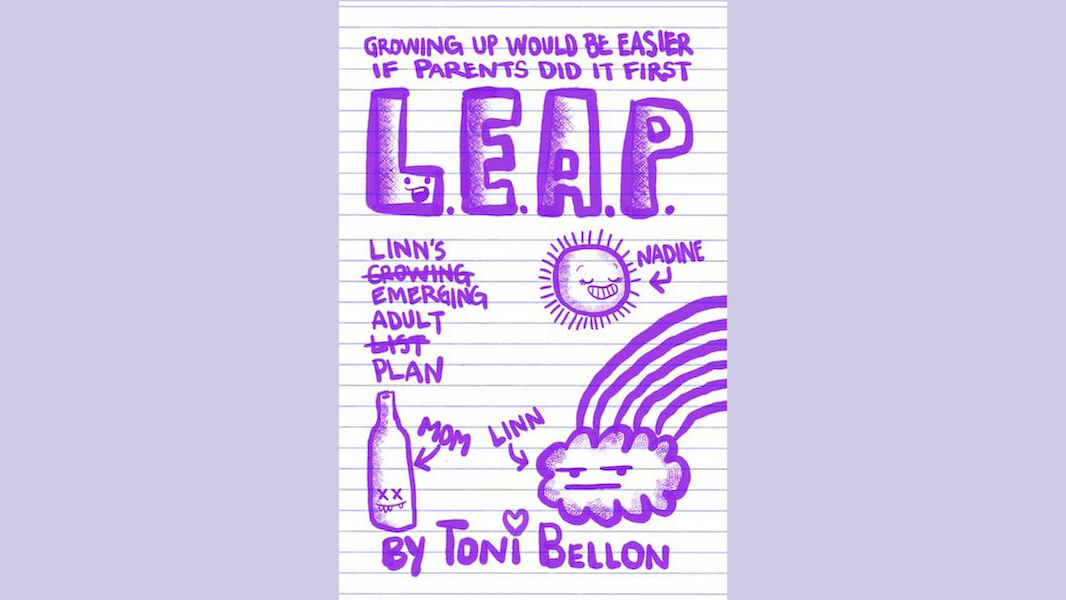
L.E.A.P. (Linn’s Emerging Adult Plan)
I started working on the book L.E.A.P. (Linn’s Emerging Adult Plan) because I felt guilty about leaving my brother. I felt I was part of the denial that colored his life.
As I wrote, I also found this was a great way of dealing with my need to tell the truth about growing up with a mother who didn’t act like TV says they should.
Yes, fiction is about lying but the Linn story is designed to help children know they are not alone.
I’ve read a lot of stories about alcoholics and many seem to have happy endings where the afflicted person agrees to go to rehab.
I wanted to tell a story where the mother doesn’t get help. Where children have to deal with all the issues and the parents are not going to grow up and take responsibility.
By the way—she never did admit that she had a problem or needed to change in any way.
Message for parents
As I wrote this book for children, I realized that I had inadvertently included a message for parents – read L.E.A.P. and use it as a mirror to answer the question – how’re you doing with your kids?
Are you giving them as much support as you say on social media? Do you live up to your children’s best life or just your own?
Go ahead and teach your children to lie when the ability is called for—playing poker, when asked if clothing makes you look fat, or when strangers ask how you’re doing. Nobody tells the truth all the time.
But questions from teachers about how or where you got an answer requires the truth. As does any question about abuse. Don’t get me wrong, abuse includes more than physical violence. Many children live with verbal abuse. The lack of any attention is also mistreatment.
You can’t expect a perfect parent, but you should at least have one or two parents who are trying to make your life good. Not just their own.
Despite not doing anything before I left home, I’m a big fan of any group like NACoA (National Association for Children of Addiction) in the USA or Nacoa UK who help people struggling with the same lies I did. Of course, it’s easy to say this in hindsight.
Author’s Note
Since beginning to write, I’ve learned a lot but I’m not an expert. So, consider that grain of salt before listening to me.
A few things I’ve learned:
- Alcoholism is a whole family issue. It impacts everyone who lives in the house as well as your friends.
- It is not your fault, but it will change your behavior. Secrets and lies run rampant among these families. That’s not the best way to deal with any problems.
- Seek help, look for information, and know you are not alone!
- Alcoholism can also include one type of Mother Wound. In our society, mothers are held up as perfect people who love their children unconditionally and never do anything wrong.
- There is no such thing as perfect.
- Additionally, there are mothers who don’t have the capacity to love or care for their children.
- People who live with an emotionally unavailable mother suffer from a Mother Wound.
- Professional help is best for dealing with Alcoholism and/or a Mother Wound.
However, I have also found writing to be cathartic—particularly when I am able to find humor in life. I can’t change the past. But I can stop the cycle and share my thoughts with others.
Toni Bellon
Author of L.E.A.P Linn’s Emerging Adult Plan

























































































